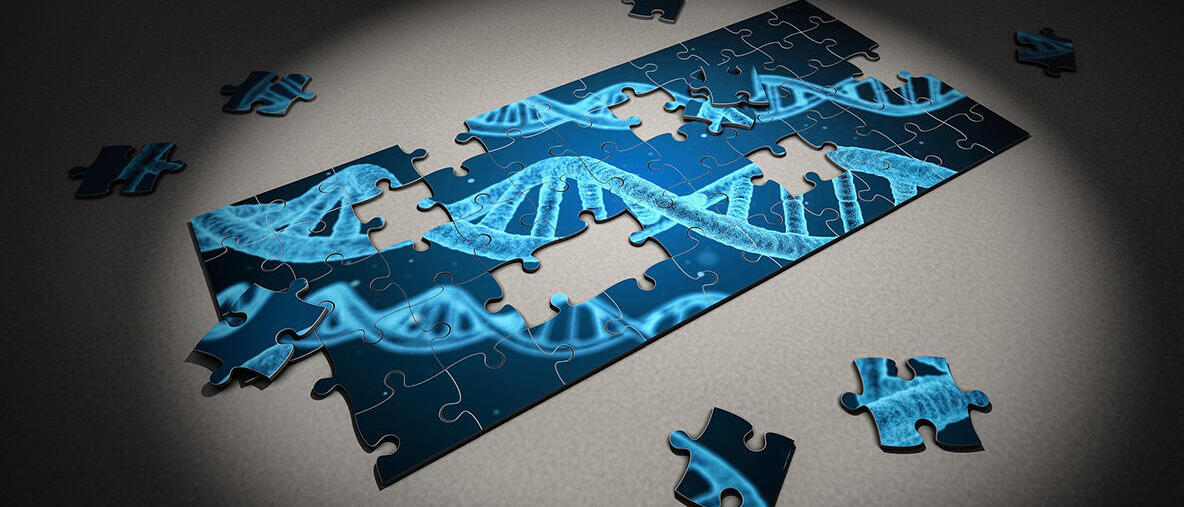Inborn errors of immunity disorders disrupt the body’s ability to defend itself against infections and may also predispose patients to immune dysregulation and cancer. Various genetic defects can cause these rare diseases, and the underlying mutation remains unknown for many patients.
A study co-led by Eliisa Kekäläinen and Markku Varjosalo from the University of Helsinki and Janna Saarela, from the Centre for Molecular Medicine Norway (NCMM), University of Oslo, has identified a novel immunodeficiency disorder. The results were published in Science Immunology.
The study pursued a genetic diagnosis in patients susceptible to infections, hypogammaglobulinemia and mucosal ulcers. By utilizing modern DNA sequencing methods, the group was able to identify the genetic cause for the symptoms. The defective gene, IKZF2, codes for a protein called Helios. This protein is a member of the Ikaros family of transcription factors and known to regulate activation and maturation of T cells. Detailed analyses of patients’ immune systems showed that their T cells behaved abnormally and showed signs of chronic activation.
The results provide a basis for a deeper understanding of the molecular mechanisms behind activation and maturation of T cells and will aid the diagnosis of rare inborn errors of immunity.
Original publication:
Hetemäki I, Kaustio M, Kinnunen M, Heikkilä N, Keskitalo S, Nowlan K, Miettinen S, Sarkkinen J, Glumoff V, Andersson N, Kettunen K, Vanhanen R, Nurmi K, Eklund KK, Dunkel J, Mäyränpää MI, Schlums H, Arstila TP, Kisand K, Bryceson YT, Peterson P, Otava U, Syrjänen J, Saarela J, Varjosalo M, Kekäläinen E. Loss-of-function mutation in IKZF2 leads to immunodeficiency with dysregulated germinal center reactions and reduction of MAIT cells. Sci Immunol. 2021 Nov 26;6(65):eabe3454. doi: 10.1126/sciimmunol.abe3454.
For more information:
Original publication: Germline biallelic mutation affecting the transcription factor Helios causes pleiotropic defects of immunity
Read news about the publication on FIMM website
Read news about the publication on Nordic EMBL Partnership site
Janna Saarela, Director, NCMM & Research Director, FIMM
e-mail: j.s.saarela@ncmm.uio.no
Eliisa Kekäläinen, Group Leader
Translational Immunology Research Program, University of Helsinki
e-mail: eliisa.kekalainen@helsinki.fi
